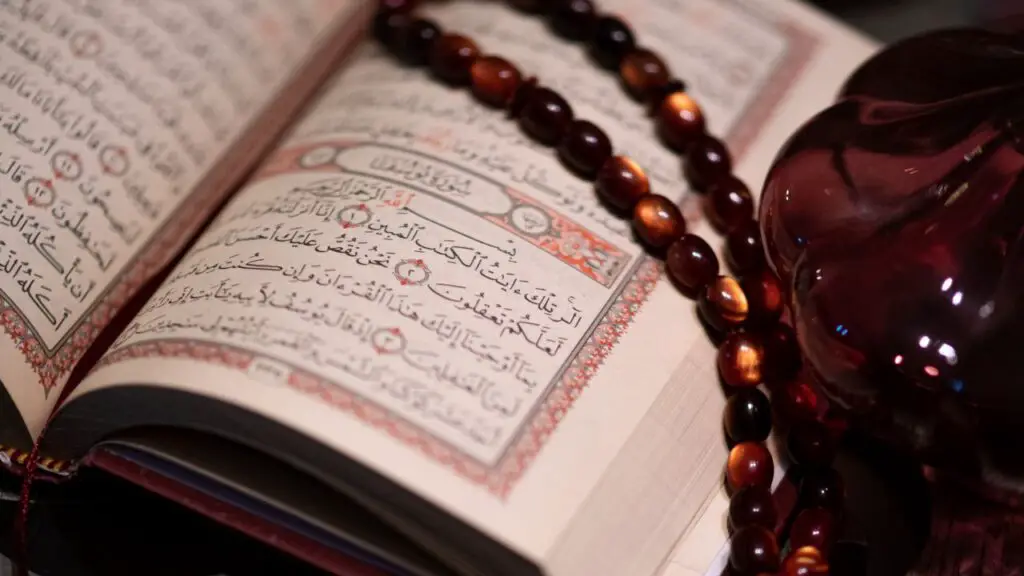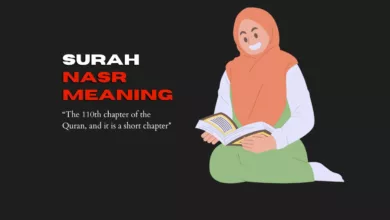Quran Facts
Discovering Fascinating Quran Facts: Unveiling the Miraculous Aspects of the Divine Book


Introduction
The Quran, regarded as the holy scripture of Islam, is believed by Muslims to be the literal word of God as revealed to Prophet Muhammad (peace be upon him) through the Angel Gabriel. It holds a central position in Islamic faith, guiding and shaping the lives of over 1.8 billion Muslims worldwide. While the Quran’s message remains consistent, questions arise about the existence of multiple versions of this sacred text. In this article, we delve into the historical context and the scholarly debate surrounding the existence of different versions of the Quran.
The Quran’s Original Revelation
According to Islamic tradition, the Quran was revealed to Prophet Muhammad over a period of 23 years, starting in 610 CE, and concluded in 632 CE, the year of his passing. The revelations were memorized by the Prophet’s companions and written down on various materials such as palm leaves, stones, and pieces of parchment. However, during the Prophet’s lifetime, these verses were not compiled into a single manuscript.
The Compilation of the Quran and Quran Facts
Following the death of Prophet Muhammad, the task of collecting and compiling the Quran was undertaken during the caliphate of Abu Bakr, the first caliph, and was completed under the caliphate of Uthman, the third caliph, around 653 CE. The compilation was intended to standardize the Quranic text to prevent discrepancies among various recitations that might have emerged in different regions. To this end, multiple copies of the compiled text were distributed across the Muslim territories.
The Preservation of the Quran
Muslims believe that the Quran has been impeccably preserved from the time of its compilation to the present day. The primary means of preservation has been through oral transmission, with scholars and memorizers (huffaz) meticulously memorizing the entire Quran and passing it down through generations. This robust oral tradition ensures that the Quran’s words and sounds are preserved, making any significant alterations practically impossible.
Different Readings (Qira’at) of the Quran
The concept of “different versions” of the Quran is often misunderstood. Instead of versions, there are multiple recognized readings of the Quran known as “Qira’at.” These readings mainly pertain to differences in pronunciation and the way certain words or phrases are recited. These variations are minor and do not affect the fundamental message of the Quran. Importantly, all of these Qira’at are traced back to the Prophet Muhammad through his companions, ensuring the authenticity of the recitations.
Scholarly Consensus on the Quran’s Uniqueness
Muslim scholars, past and present, have consistently asserted that there is only one Quran in existence, and its content remains unchanged since the time of its revelation. The notion of multiple versions is thus categorically rejected within the Islamic scholarly community.
The Role of Modern Scholarship
With the advent of modern scholarship, some non-Muslim academics have proposed alternative theories regarding the Quran’s compilation and preservation. These hypotheses often lack solid historical evidence and are not accepted by the majority of scholars, including those from within the Islamic tradition.
Conclusion
In conclusion, the Quran remains one of the most well-preserved religious texts in history. The concept of multiple versions is a misinterpretation, as the variations among the Qira’at do not constitute separate versions of the Quran. Instead, they reflect different ways of reciting the same original text. Muslim scholars and believers continue to emphasize the Quran’s singular and divine origin, underscoring its timeless message of guidance, wisdom, and spiritual enlightenment for all of humanity.
What is the Quran?
The Quran is the holy book of Islam, considered to be the literal word of God (Allah). It was revealed to the Prophet Muhammad (peace be upon him) over a period of approximately 23 years through angel Gabriel (Jibreel).
How many chapters are there in the Quran?
The Quran consists of 114 chapters, known as Surahs. Each Surah varies in length and covers various themes and subjects.
What is the significance of Surah Al-Fatiha?
Surah Al-Fatiha, also known as the Opening, is the first chapter of the Quran. It is considered the essence of the entire book and is recited in every unit of Muslim prayers (Salah).
What language was the Quran revealed in?
The Quran was revealed in Arabic. The original text remains unchanged, and translations are considered interpretations of its meanings.
How many verses are in the Quran?
The Quran contains 6,236 verses, known as Ayat. These verses cover a wide range of topics, including theology, morality, guidance, and historical narratives.
What are the divisions of the Quran?
The Quran is divided into thirty equal sections called Juz, facilitating its recitation during the month of Ramadan. Each Juz consists of several Surahs.
Is the Quran arranged chronologically?
No, the Quran is not arranged in chronological order of revelation. The order of the Surahs is divinely ordained and holds spiritual significance.
What are the miracles of the Quran?
The Quran is considered a miraculous text in various aspects. Its eloquence, literary style, scientific accuracy, and prophecies are among the miraculous features that have astounded scholars throughout history.
Is the Quran the only holy book in Islam?
Muslims believe in all the divine scriptures revealed by God, including the Torah (given to Moses) and the Gospel (given to Jesus). However, the Quran is regarded as the final and complete revelation for all of humanity.
Are there any scientific facts in the Quran?
The Quran contains several scientific facts that were not known to humanity at the time of its revelation. These include embryology, geology, astronomy, and the water cycle, among others.





